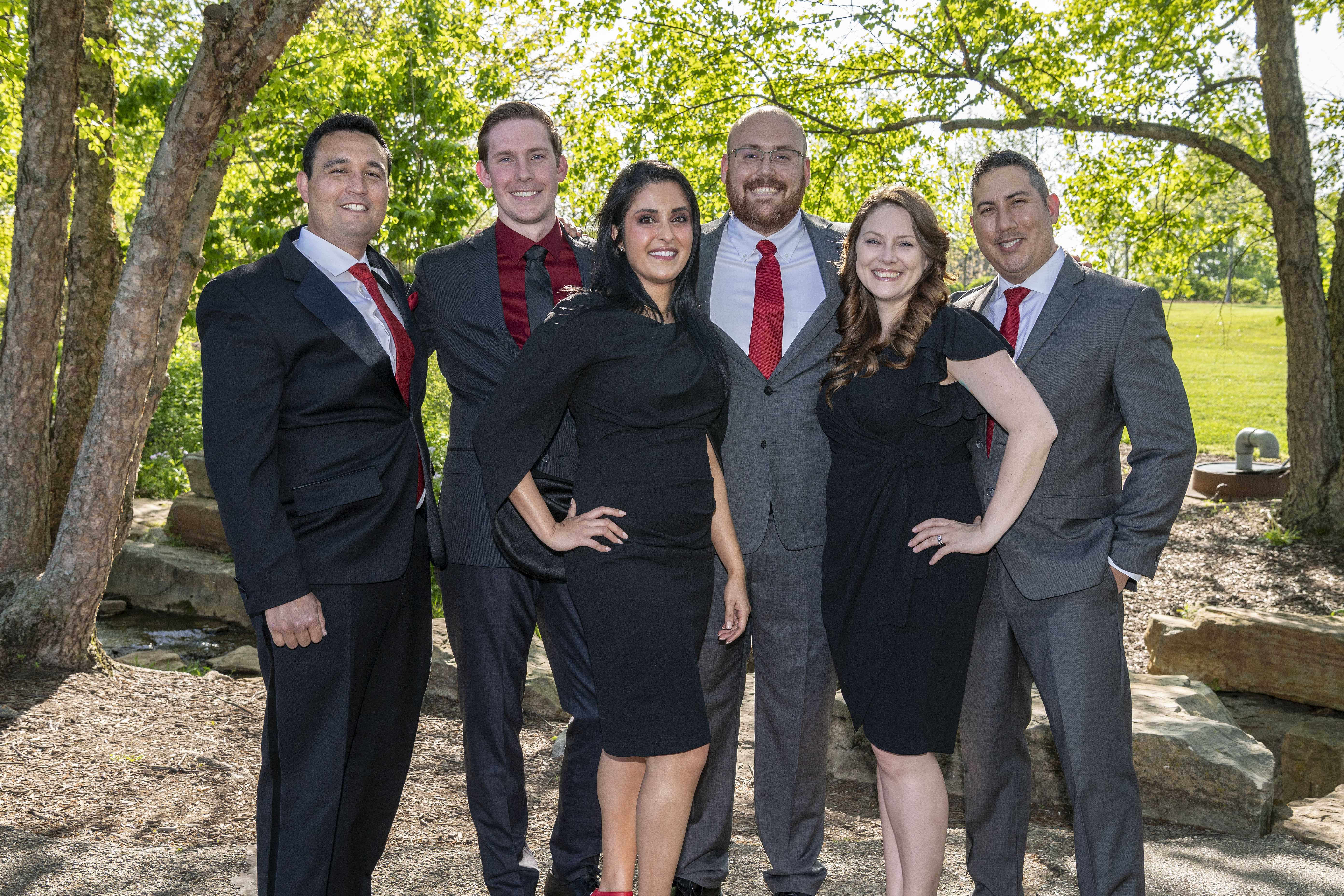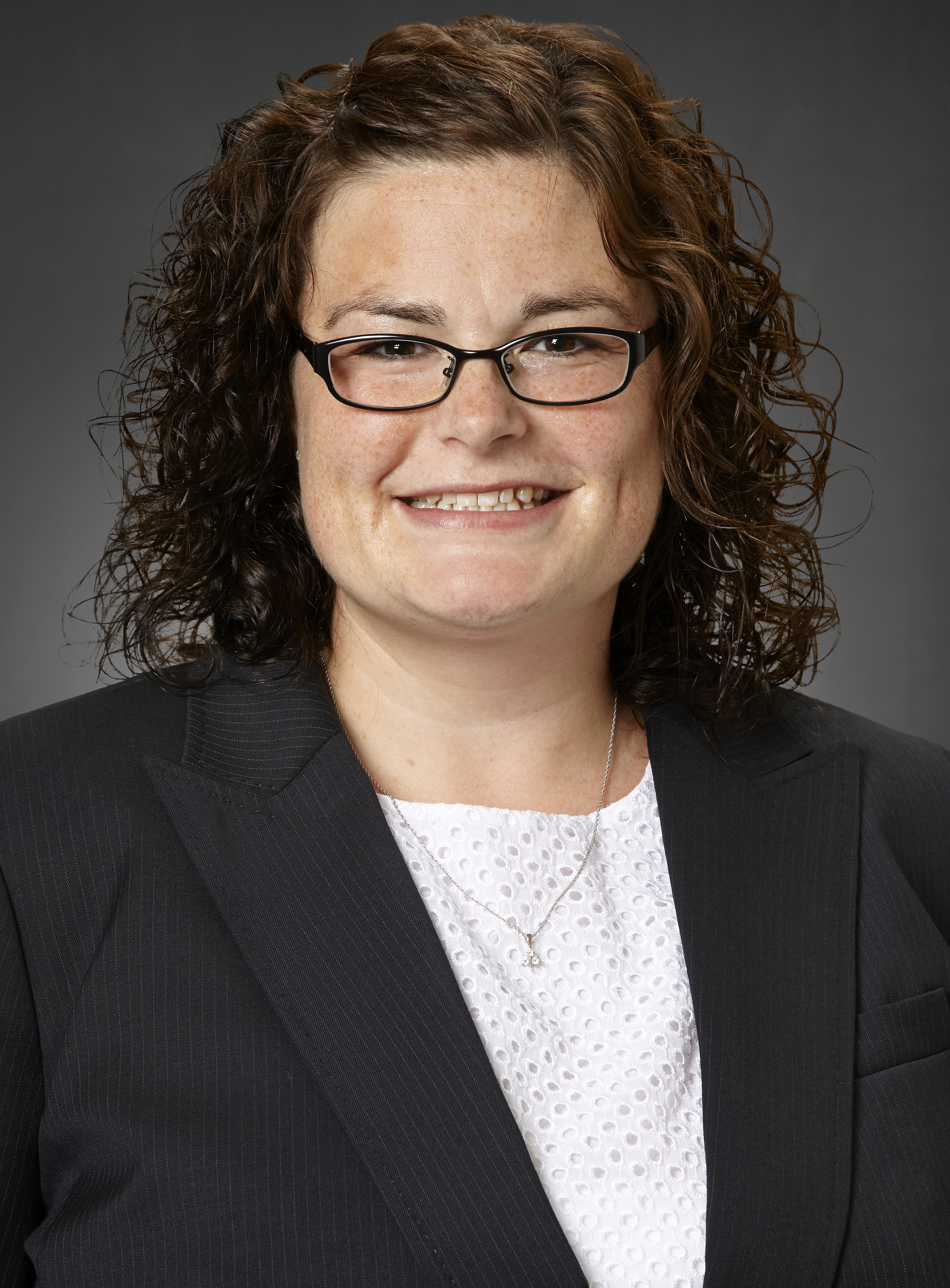Message from the Residency Program Director

We appreciate your interest in the Wright State University General Surgery Residency Program. Located in Dayton, Ohio, our program has evolved since 1979 into a multihospital residency with both clinical and academic strengths.
Initial appointment to the first postgraduate year is offered only through the National Resident Matching Plan (NRMP) via ERAS or through the Air Force Military Selection Board. Approximately one third of our residents are active duty U.S. Air Force officers. We seek to have a diverse group of individuals to train in general surgery.

Our residency utilizes three acute care adult hospitals, two federal hospitals (VA and Air Force), and the regional Dayton Children's Hospital. There is correspondingly a mix and variety of surgeons including academic and community faculty along with the Air Force and VA faculty. This allows us to satisfy three goals. First, all our graduates are sufficiently prepared to start a general surgery practice. Second, they are competitive for subsequent advanced residency/fellowship training programs. Finally, they are prepared and trained to begin a career in academic surgery if that is their preference.
At the completion of five years, our most recent graduating residents had performed 900-1,000 major surgical procedures, and fulfilled all case requirements in the defined categories of general surgery.
In addition to the yearly American Board of Surgery In-Training Examination, we also administer mock oral exams yearly to our PGY-3, PGY-4 and PGY-5 residents. All of these activities are designed to prepare residents for the American Board of Surgery qualifying and certifying exams.
Of the individuals completing our program, 45 percent have entered directly into the private practice of general surgery. Half of these are located in Ohio, while the other half have established their practices in virtually every state of the union. Several graduates have also served as missionary surgeons in third world countries. Thirty-five percent have entered active military duty as general surgeons. The remaining 20 percent have entered fellowships in plastic surgery, general vascular surgery, cardiothoracic surgery, colorectal surgery, transplant surgery, trauma/critical care, minimally invasive surgery, hand surgery, or surgical oncology, and many of these residents have begun careers in academic surgery.
We thank you for your interest in our program and look forward to hearing from you.

